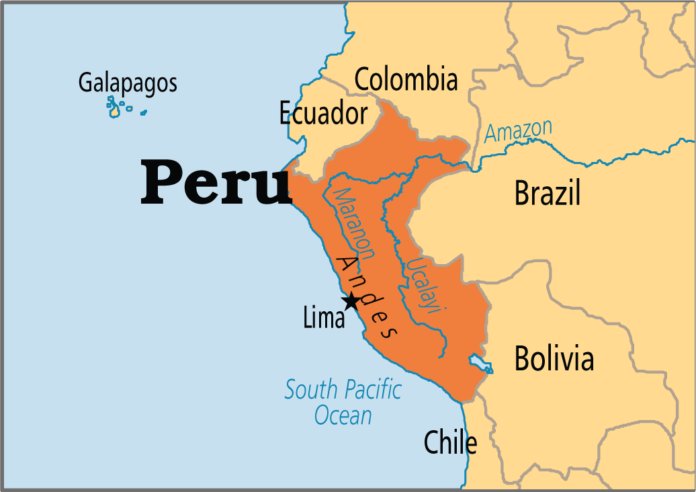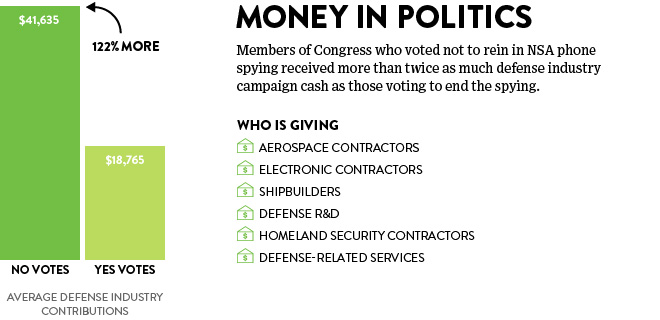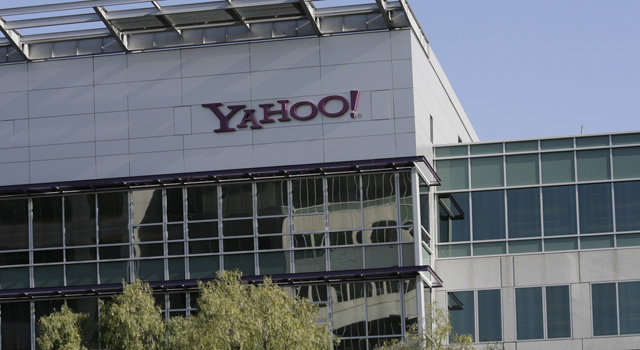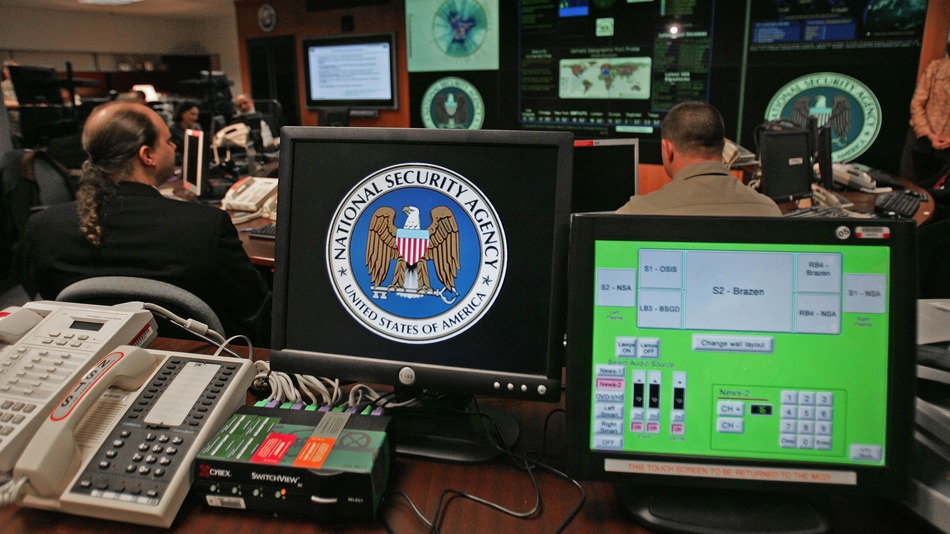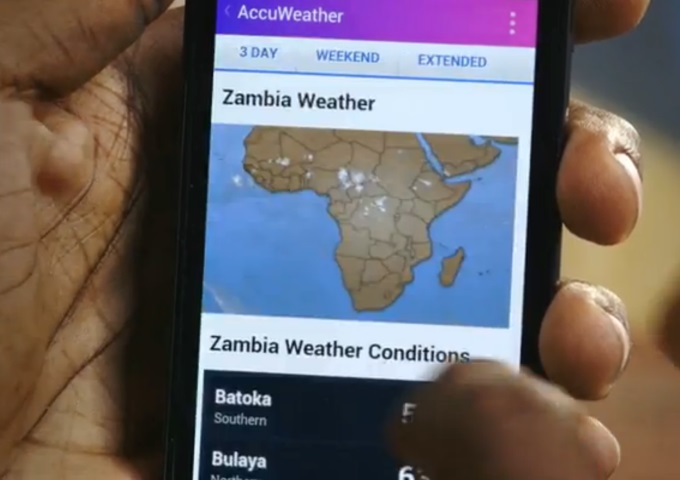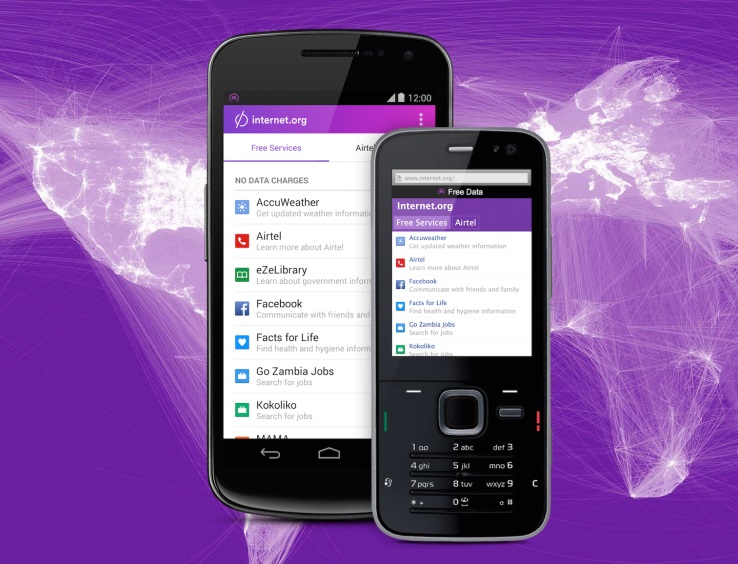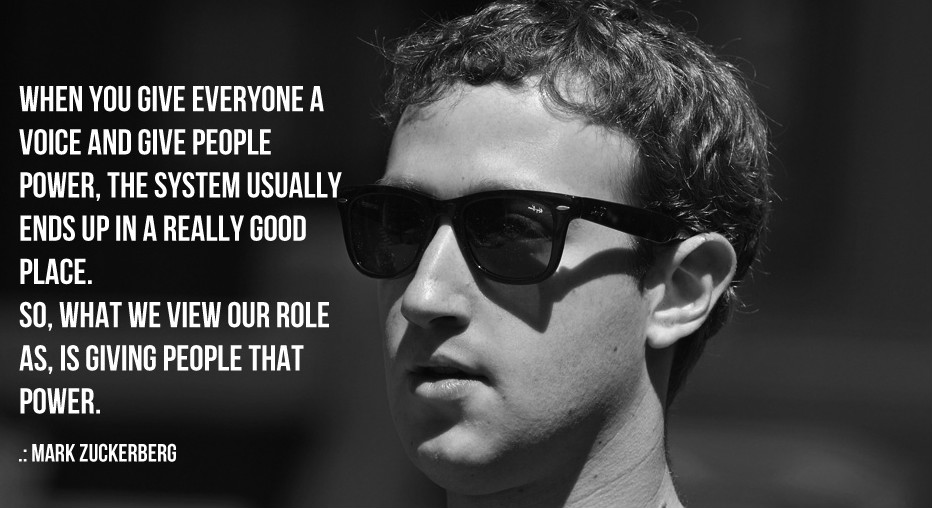Written by: Anabel
My name is Anabel, I was born in Panama but I also have the Peruvian nationality because of my father. I’ve lived in Peru for almost 20 years; I came back to Panama 5 years ago because of the decease of my father. Ever since I left the country I’ve been trying to make justice for my father, today I would like to tell you that justice doesn’t exist in Peru.
My story involves a judge that has been denounced 18 times, because of the trials irregularities where he has been the judge. One of those complaints belongs to my mother, she reported him to the local prosecutor, but the Peruvian Justice decided to do nothing, that way they wouldn’t have to deal with the consequences.I’ll try to make the story short, so I’ll try to tell you about the 10 year process in a few words.
My father decided to buy an apartment, it belonged to Ambassador Gustavo Otero Zapata, he named his father as representative for the sale of the apartment. My father and Mr. Otero made a private contract; My father gave him a check sum for 80% of the value of the apartment (leaving a balance of $ 11,800). To pay the final amount, my father puts a condition to see the deed, to which Mr. Otero refuses and says that my father needs to pay everything to show it. My father refuses thinking that this is not right so Mr. Otero sued my father to dissolve the contract, he claimed that the check that my father gave him was not to pay for the apartment but was a business they were doing, which he was never able to prove so the judge rules in our favor.
On his second attempt, Mr. Otero sued my father, this time it was to “give amount of money” (translation of the legal terms).
We got Judge Armando Romero Roca for this trial. He decided to seize the property so it could be auctioned. Did I say that my dad never had the deed of the apartment? So if he was not seizing my dad, then who? Well the judge let Mr. Otero to seize himself. We maintained possession of the property but were not in our name, so if you are being sued how can it be that the plaintiff seized himself?
- He constructed a sentence which basically says (and I am not writing this wrong): “The Defendant must grant and sign to the Defendant the deed …” usually to make a deal it requires two people, but not in this trial.
- This judge did not let my mom to be part of the trial, you’ll see when you are married you cannot sell a property if it belongs to the marriage.
- He decided to convert a trial set as “obligation to give sum of money” into a multi-trial. Instead of saying who is right and who should pay, he decided he was going to try a new form of law, he converted “obligation to give sum of money” to “seizure” to “auction” to “eviction” and then “grant deed.” He mixed these individual proceedings into a single trial, where of course he was the judge.
- The private agreement was not made by a notary. The judge ordered to the Notary Raggio Medina with a notarized copy of this document to make it notarized.
My father during those 11 years was sick; he was a terminal renal/kidney patient (the diagnosis made by the health authorities was provided to the judge and he decided to ignored it). When my father saw that his home was about to be lost because of these injustices his health dwindled greatly.
The apartment went to a ‘’public auction’’ (no one ever notified us).
- Angela Marlene EscalanteCabrejos bought it (150 square meters apartment, view to the ocean, etc)..she said that she bought the apartment “in good faith and to live there.” The strange thing is that in the eviction she mentions Mr. Otero and that we didn’t paid him… I thought she bought the apartment “in good faith”? so suddenly she knew Mr. Otero ?; also “to live there?” the apartment that was recently sold to someone else.
- Cabrejos wanted to register the apartment as hers however the property records authorities (SUNARP) did not let her because the trial was not over. They were also asking about the marital status of my dad, (he was married but my mom wasn’t allowed to participate in the process). The judge said that the trial was over (when it wasn’t) and that my father was single (again, not true).
My father was a kidney patient and was in full session of peritoneal dialysis (which I warned the police, court officer, etc) when they attempted to evict us. I was with my father alone in the apartment; I was 22, suffering from panick attacks. The judge sent a police contingent of more than 20 police armed with shields and helmets to get us both. These are the links to the video recording when police entered the apartment, taking the door down:
I’ve sent this letter to the Peruvian and Panamanian authorities and press, and guess what? Except for a newspaper in Peru (La Exitosa) and Anonymous, nobody wants to make it public.
I want everyone to know my story so we can expose the judicial system in Peru, the open secret about injustice. Someone might read this and say we have bigger problems in the world like terrorists, hate crimes, drug crimes, etc but all of them, including my story, belong in my opinion to the ‘’power crimes’’ they are committed to gain control and power, usually this is done by intimidation.
The judge decided to send a sick man and his family to live in the street, not caring about the most basic right which is the human right. He sent my father to the graveyard. My mom, brother and I were welcomed/lived in a church for 45 days until the day that we returned to Panama.
If you go to this link you will see the judge applying to be promoted to superior court, he mentions that his wife is a journalist and that he has children (lucky them, to be able to grow up with a father) also he is asked about their properties…as a personal opinion its great that his life turned out to be so productive that has enabled him to have many properties.
RigobertaMenchu once said ‘’In our culture, peace is not a synonym for war; it’s a quality of life. It’s the strongest inspiration for happiness among people. Unfortunately weapons, arms, racism, war, oppression of human beings turn peace into a synonym with war. The cause has turned out [to be]… social inequality. That inequality affects all levels of peoples’ rights and the environment.’’
The only thing I ask to the person reading this, is to share this story, let’s try to make our governments to care about their people always and not only when is election time. Ffor what I care they can keep the apartment, I just want to do justice for my father.
Sincerely,
Anabel Barrenechea Santamaria


